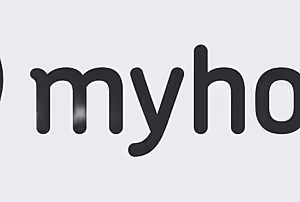
The European Central Bank, after cutting interest rates for the past two months, is unlikely to do so again today, analysts say, but additional cuts could still be on the cards later this year.
With a raft of recently surprising positive economic data, notably in Europe's economic powerhouse Germany, the bank at its first meeting of 2012 today is expected to wait and see how its past moves to prevent a credit crunch and boost the economy in the 17 countries are actually having an effect.
Last month - on the same day that EU leaders met in Brussels in what was seen as a make-or-break crisis summit - the ECB brought euro zone borrowing costs back down to their previous historical low of 1%, effectively reversing this year's two earlier rate hikes.
On top of that, it offered banks in the region an unlimited pool of liquidity by loosening collateral rules, cutting the minimum reserve ratio and launching new three-year loans at super-cheap rates.
Austrian central bank chief Ewald Nowotny, who sits on the ECB's governing council, also recently warned against "frequently churning out new ideas" without checking the impact of earlier moves, which in themselves constituted a "massive step".
The ECB also sees its role in the long-running debt crisis as fire-fighter while it insists that it is up to national governments to find a long-lasting and sustainable solution.
Thus, while further interest rate cuts "are still possible in later months, Draghi is likely once again to dampen expectations that the ECB will take more aggressive action to address the debt crisis by significantly ramping up its purchases of peripheral sovereign debt," analysts said.





